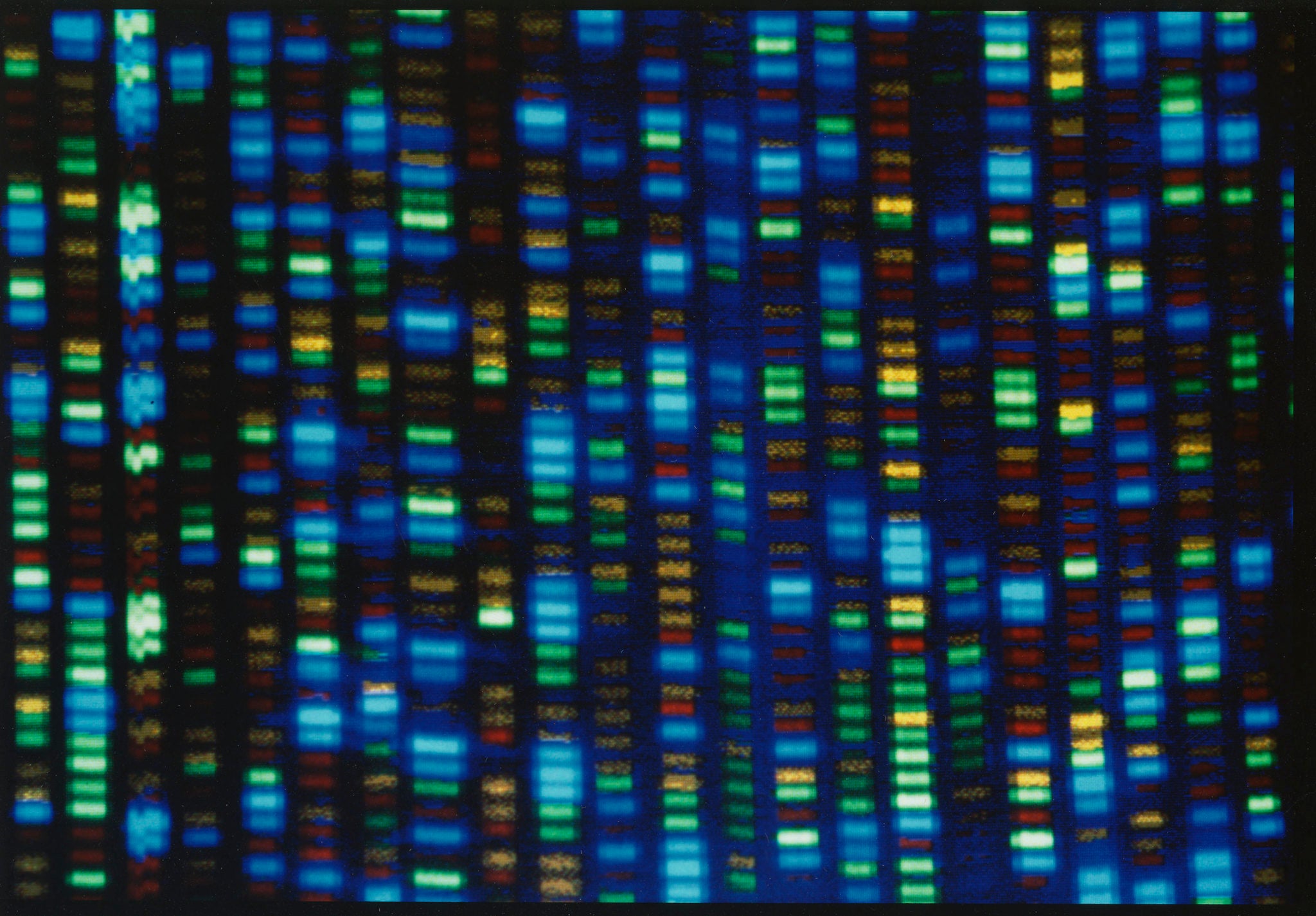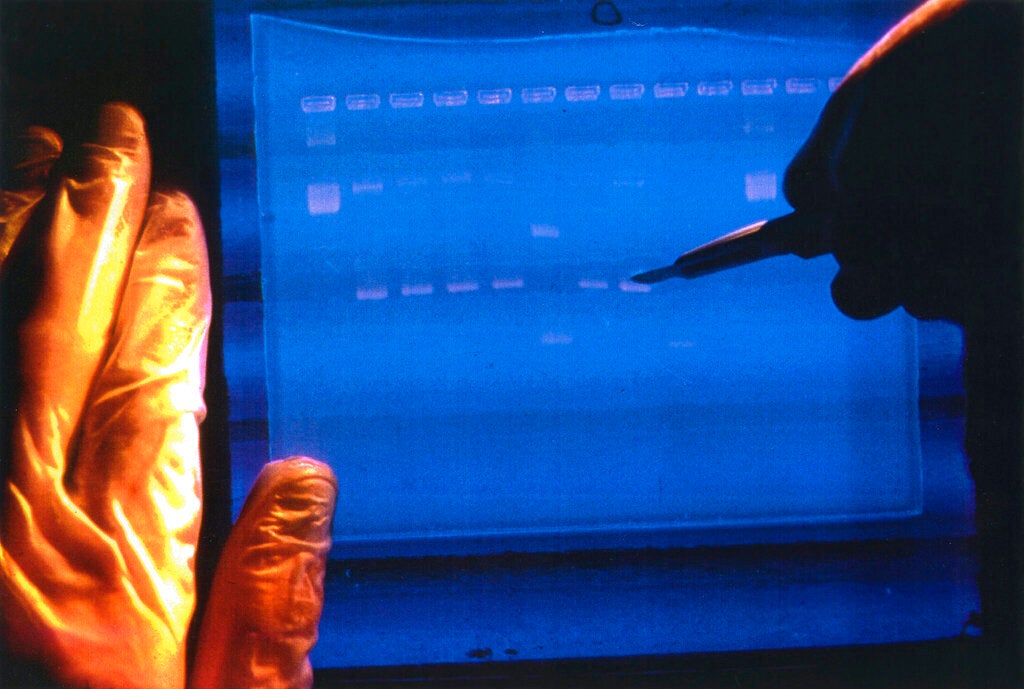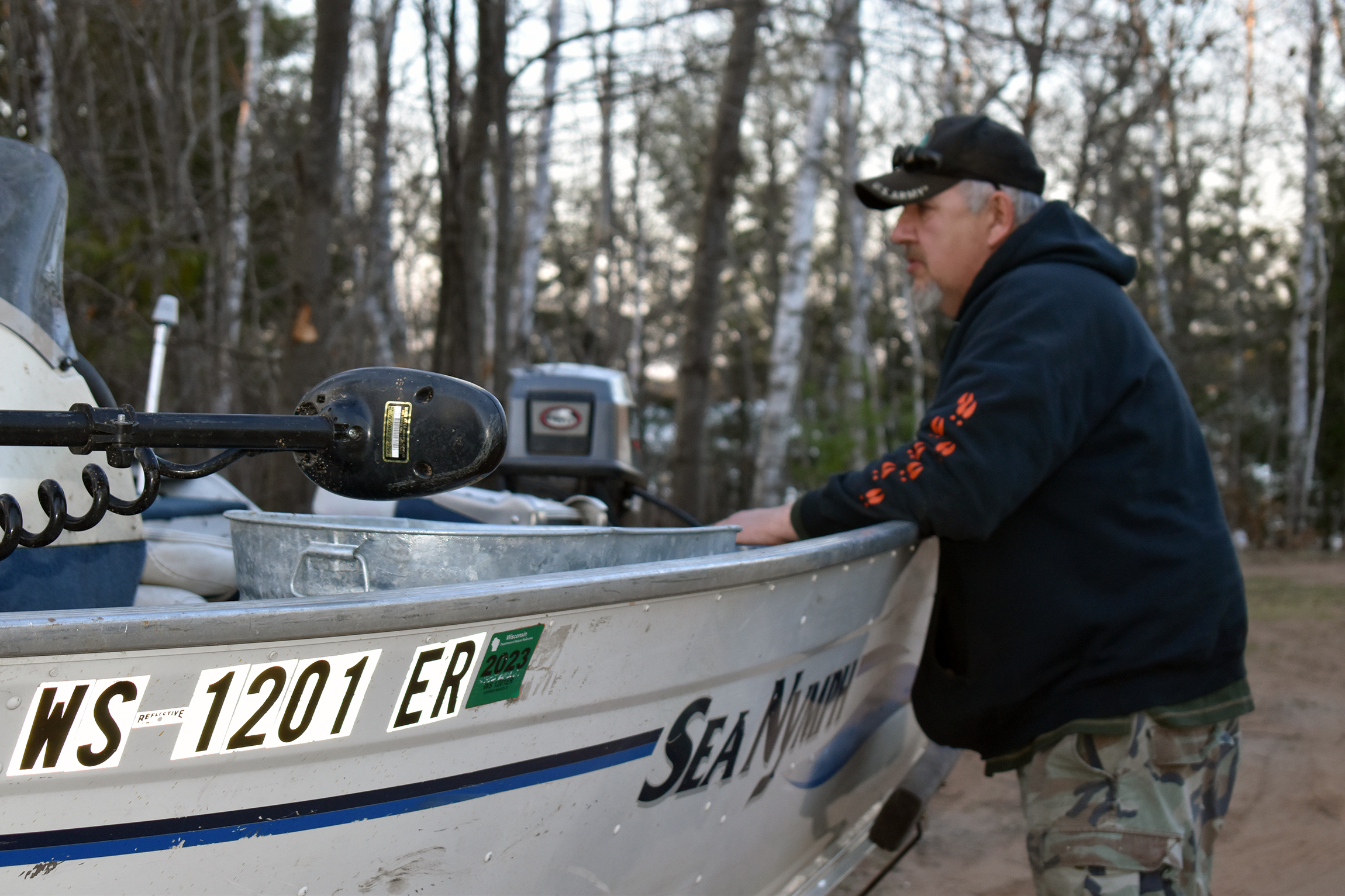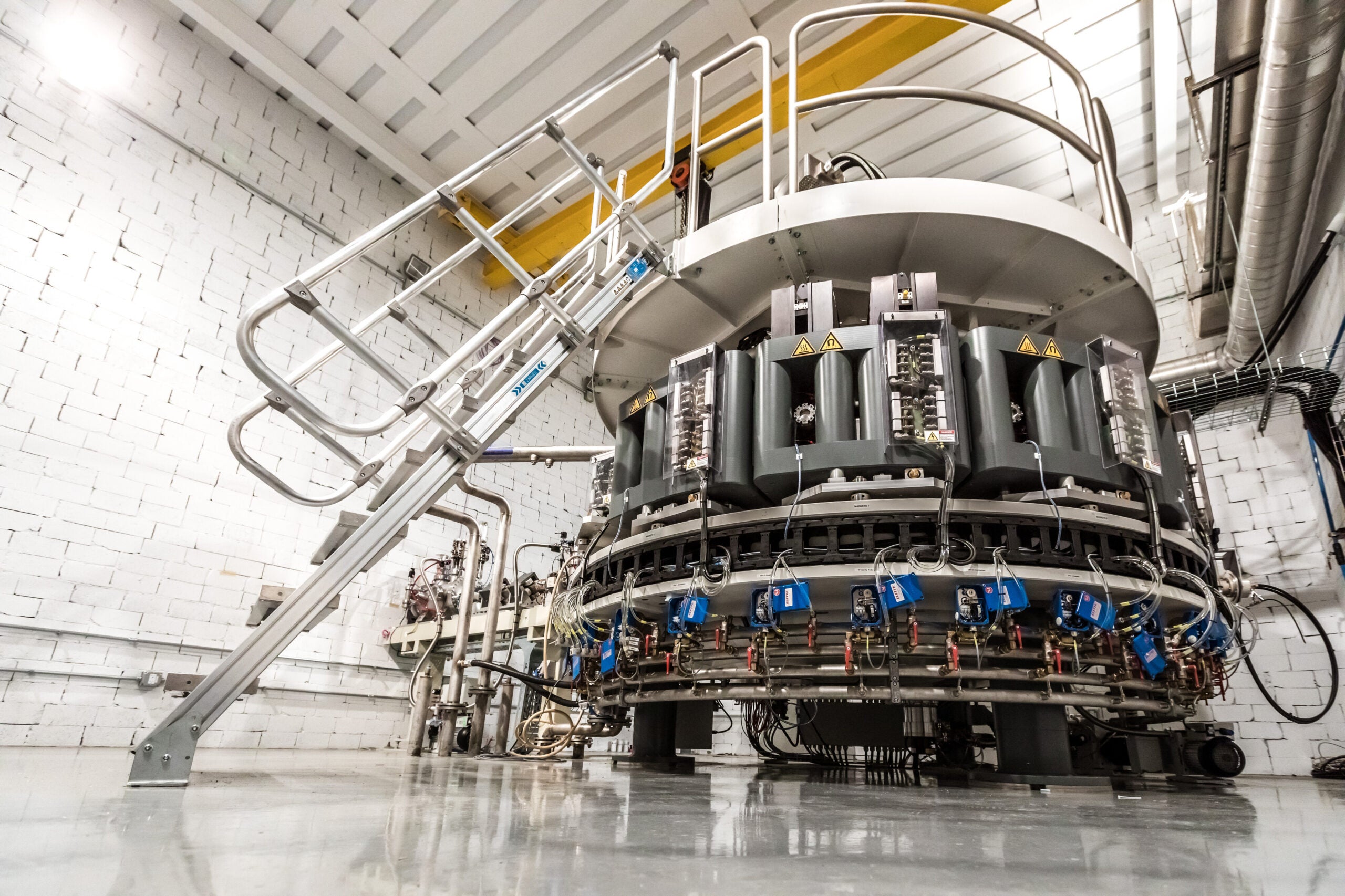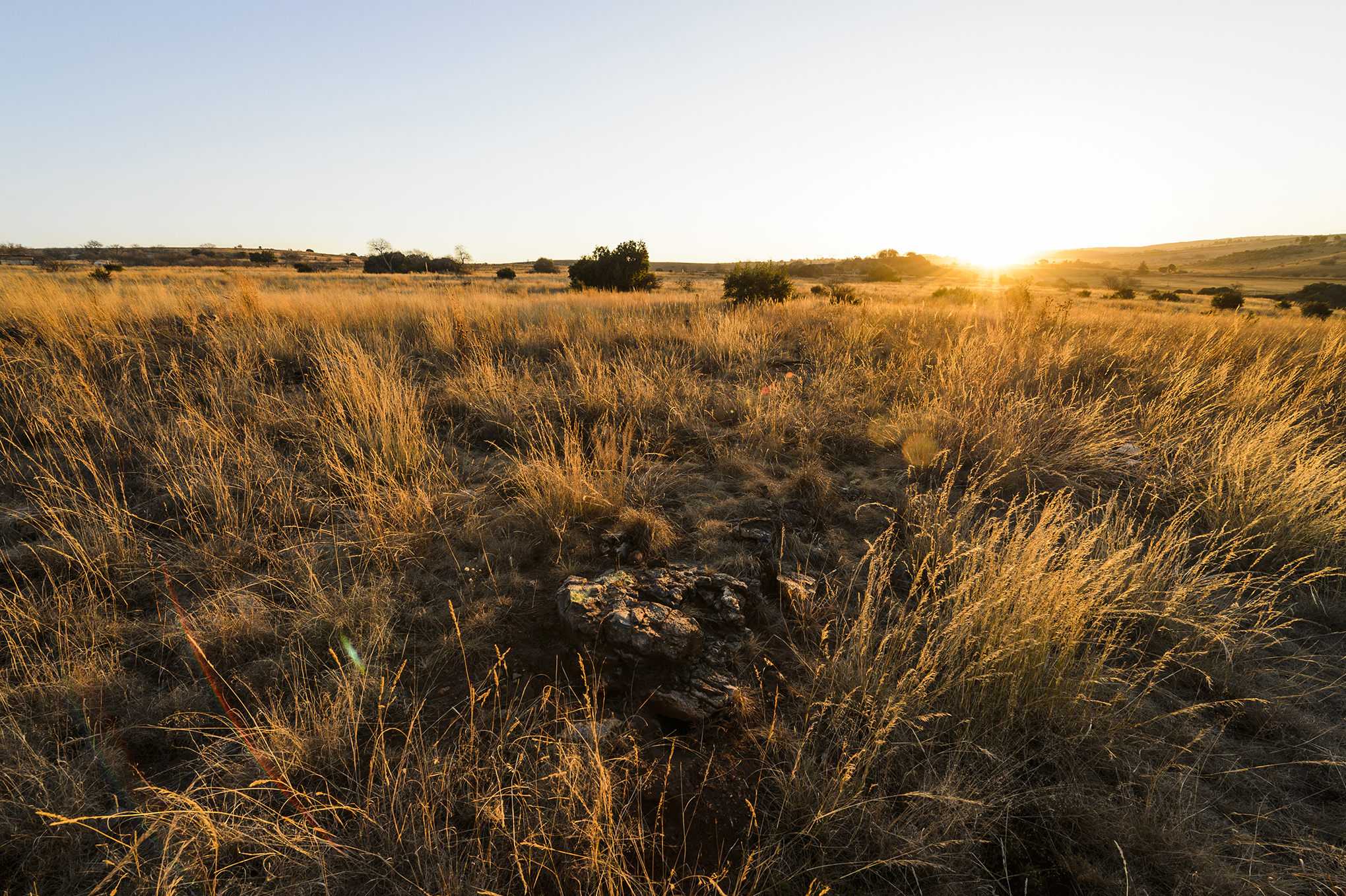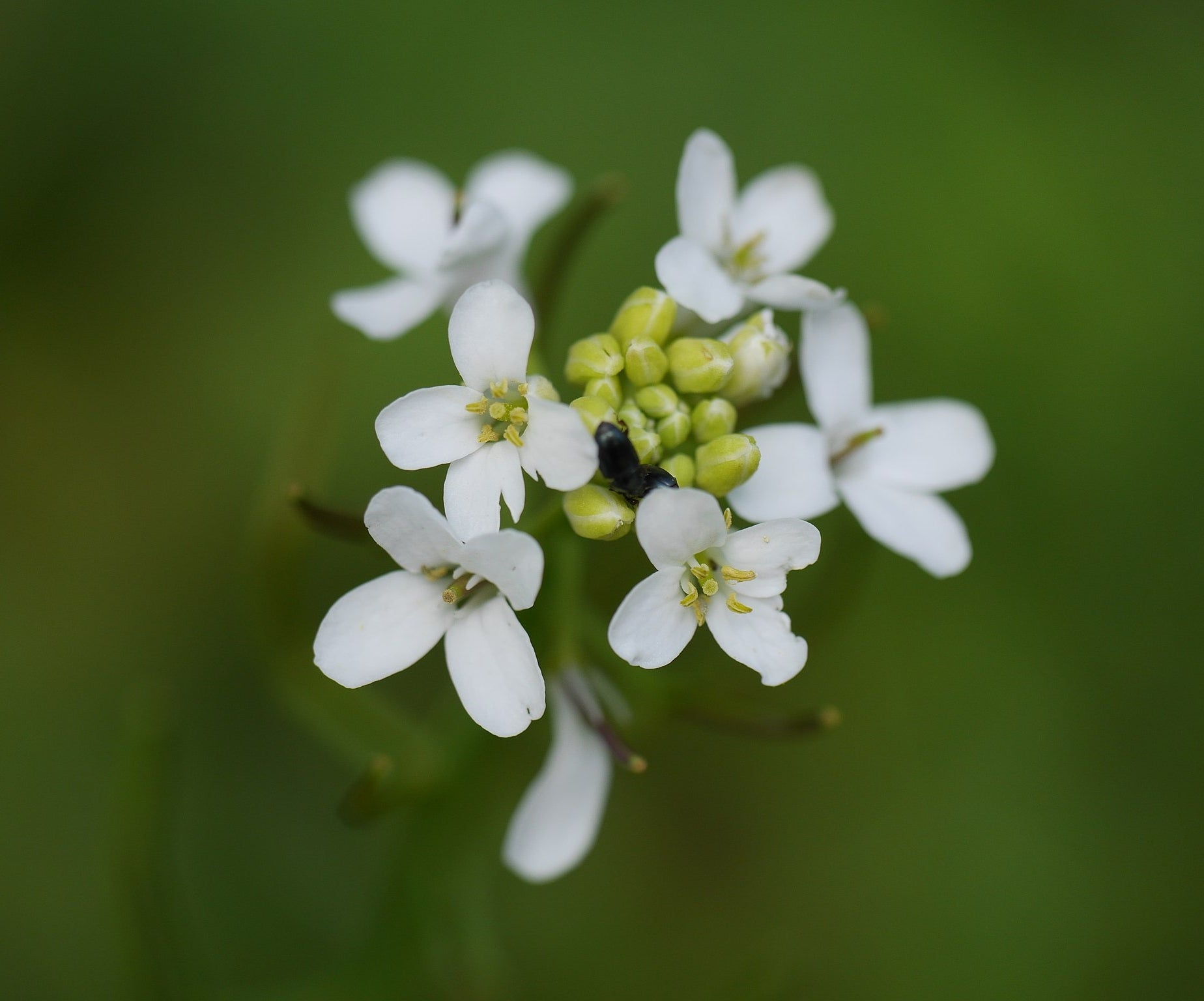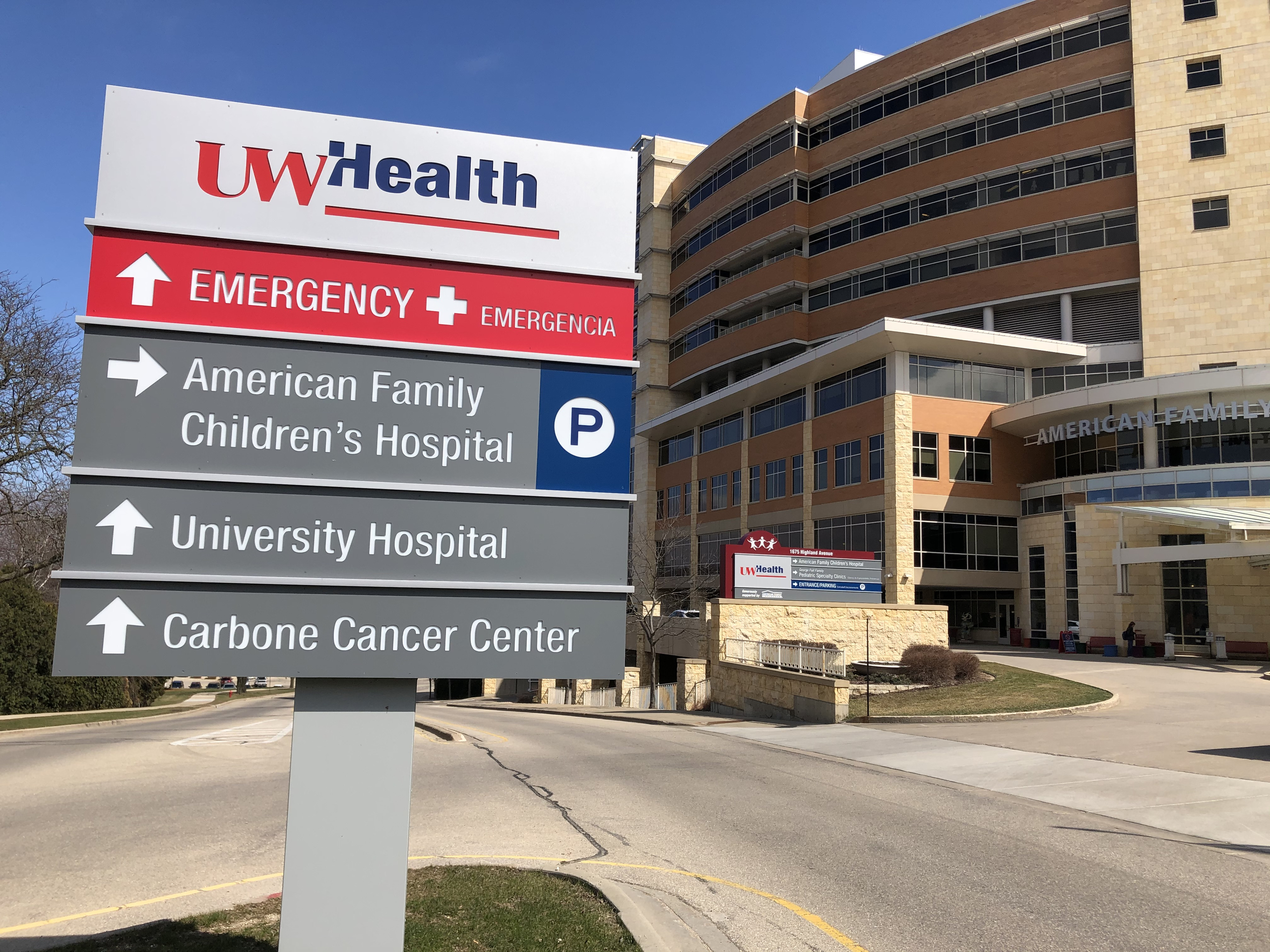Genetics
-
Study: Lack of childhood nurturing linked to accelerated aging
A new study by a researcher at the University of Wisconsin-Madison found that a lack of nurturing as a child is associated with accelerated aging later in life. The research […]
-
Wisconsin scientists studying gene-editing tech to cure blindness
As American and U.K. regulators approve the world’s first gene-editing treatment for sickle cell disease, Wisconsin scientists are researching how to use the same technology to treat two eye diseases […]
-
Northwoods tribal leader reflects on 40th anniversary of court protecting treaty rights
This year marks the 40th anniversary of a landmark ruling that reaffirmed the 1837 treaty rights of a northern Wisconsin tribe to hunt, fish and gather on ceded territory. In […]
-
Bayfield farm launches new tree species made to clean pollution, thrive in Midwest
Lake Superior and the Apostle Islands dwell below a Bayfield hilltop orchard where, for a short time this summer, mature apple trees were accompanied by 100 potted poplars. The young […]
-
Part of a cancer cure? Wisconsin doctor discusses growth of nuclear medicine
Radiation-emitting drugs, or radiopharmaceuticals, are increasingly used to target and kill cancer cells with positive results for patients. In July, during an appearance on Wisconsin Public Radio’s “The Morning Show,” […]
-
‘So much left to learn’: UW-Madison researchers contribute to discovery of ancient human burial site
Researchers at the University of Wisconsin-Madison are part of an international team working to understand the discovery of an ancient burial site created by early human ancestors. UW-Madison anthropology professor […]
-
What makes human brains unique? UW researchers are part of a team trying to find out
Researchers with the University of Wisconsin-Madison are among a group of scientists exploring how small differences could have big effects when it comes to the brains of humans and other […]
-
Altered gene could help plants absorb more carbon dioxide, study finds
Plants already pull significant weight in removing carbon dioxide from the air, but a new study out of the University of Wisconsin-Madison shows there’s potential for plants to capture more. […]
-
UW Health clinic hopes to coordinate care for people with sickle cell disease
A clinic for people living with sickle cell disease opened recently at a UW Health clinic in Madison as a hub to coordinate care for patients who often need several […]
-
The Sticky, Clammy, Smelly Truth About Sweat: It’s A Lifesaver
Some of us do it a lot and others not so much. Some only do it on one leg or arm and many can’t do it without starting to smell. […]

